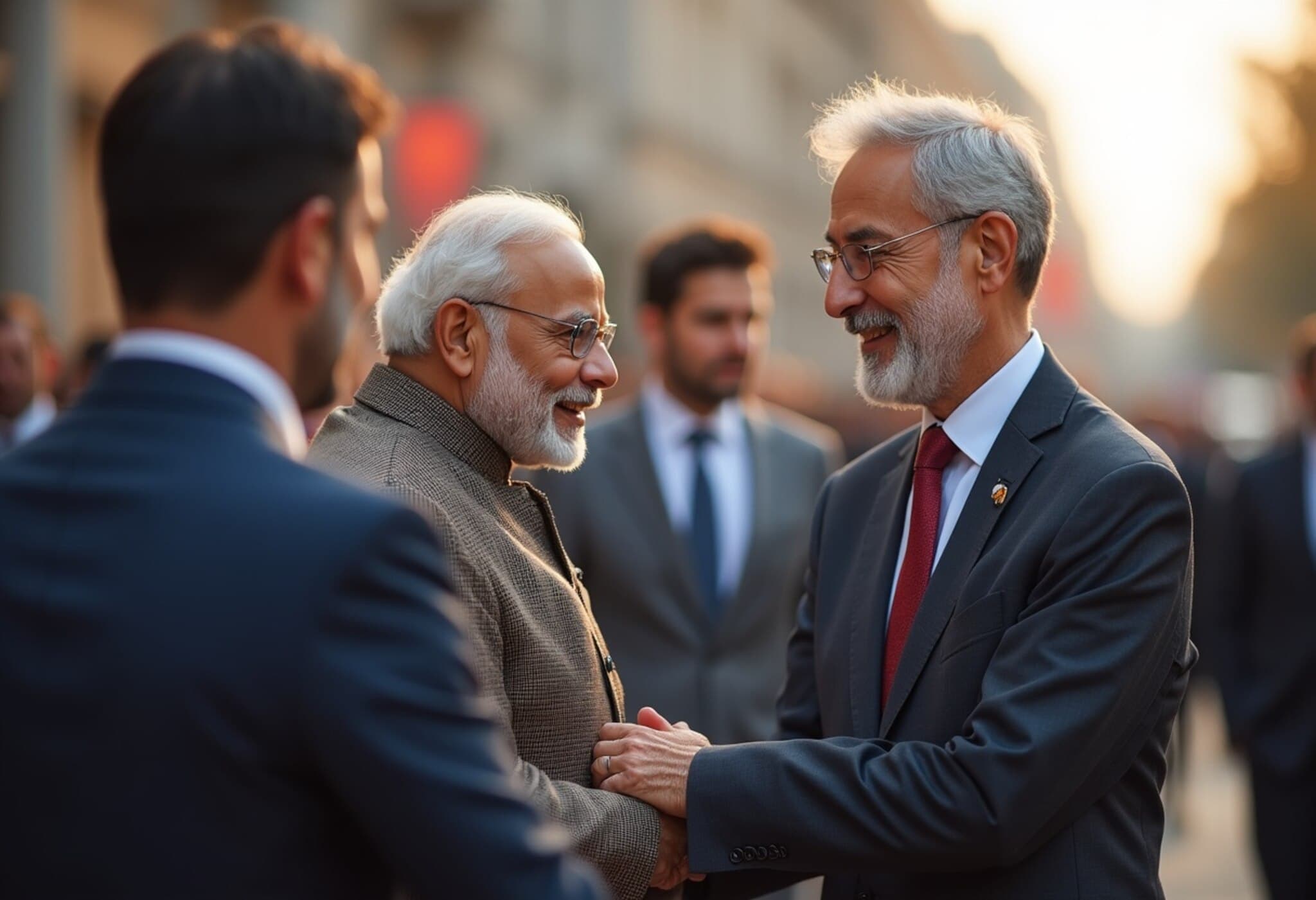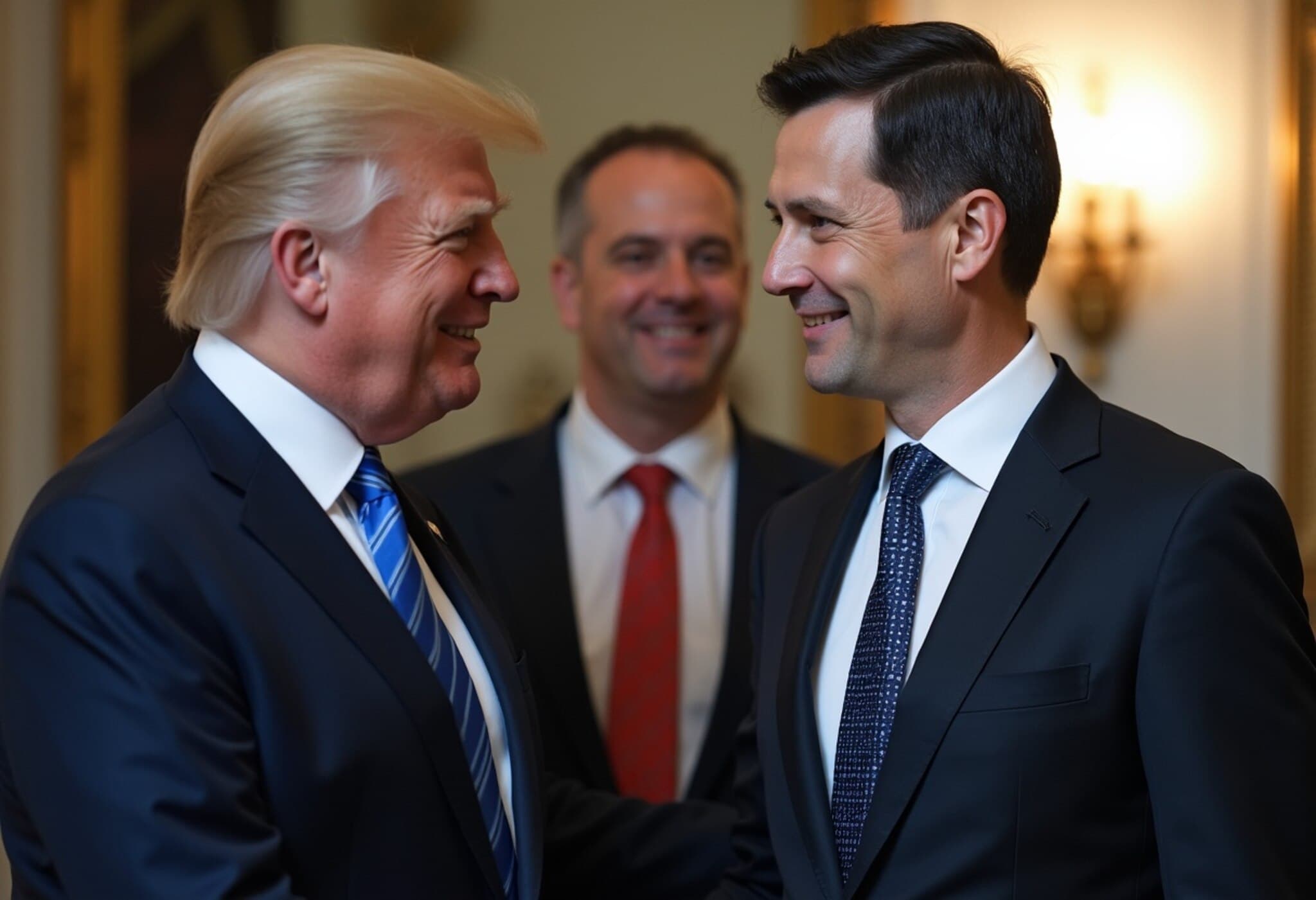London YouTuber Faces Backlash for Eating Chicken in Iskcon-Affiliated Vegetarian Restaurant
In a widely discussed incident highlighting cultural sensitivity and digital responsibility, British-African YouTuber Cenzo sparked intense criticism after filming himself eating KFC chicken inside Govinda's, a vegetarian eatery operated by the International Society for Krishna Consciousness (Iskcon) temple in London. With approximately 6,000 subscribers, Cenzo was engaged in a prank series targeting vegan and vegetarian establishments, a stunt that many viewers found disrespectful and tone-deaf.
The Incident Unfolded
In the now viral clip, Cenzo boldly enters Govinda's, visibly chomping on fried chicken, and provocatively offers it to the restaurant's staff while taunting them about their meat-free menu. When informed that the restaurant serves strictly vegetarian food based on its religious ethos, he dramatically dangles the chicken from his mouth declaring, “Free the chicken!” This prompted staff to ask him to leave the premises, underscoring the seriousness of the breach.
An Unaware Provocation?
Cenzo later released a conciliatory video expressing remorse for his actions. He stated that he was unaware the restaurant was connected to an Iskcon temple, highlighting footage where a man warned him of the temple affiliation right before he entered. Despite this caution, Cenzo proceeded, stating, “If I had known that the restaurant was with the temple, I would have never filmed that prank and left.” He also announced intentions to meet the restaurant staff in person to apologize.
Religious and Cultural Context
Govinda's is closely tied to Iskcon, a global spiritual movement emphasizing devotion to Krishna. Integral to its practices is vegetarianism, rooted in principles of non-violence and compassion for all living beings. The shopkeeper, attempting to explain in the original video, reminded viewers, “It’s a temple,” emphasizing that the restaurant’s vegetarian stance is not merely a dietary choice but a deeply religious commitment.
Public Reactions and Broader Implications
The apology video split opinion online. Some commentators condemned the prank as calculated and offensive, questioning Cenzo’s intent. Comments ranged from “He was there to mock, it was purely intentional” to calls for legal action for disrespecting religious sentiments.
This episode shines a light on the broader conversation surrounding digital culture, where the quest for viral content often clashes with cultural respect and sensitivity. In predominantly multicultural cities like London, the incident serves as a sobering reminder for content creators to engage responsibly with diverse communities.
Expert Perspective: Navigating Cultural Sensitivity in Digital Media
From a media ethics viewpoint, the incident encapsulates how pranks, while entertaining to some, can easily derail into disrespect and harm, especially when religious beliefs are involved. Experts emphasize the need for creators to research and understand the cultural contexts of their targets to avoid reinforcing stereotypes or provoking marginalized or devout groups.
Furthermore, this case raises critical questions about platform responsibility and the potential ripple effects such content has in exacerbating cultural misunderstandings or conflicts.
Key Takeaways
- Understanding Context: Respect for religious spaces and customs is paramount, especially in public or semi-public settings.
- Digital Ethics for Creators: Viral content should not come at the cost of cultural insensitivity or offense.
- Community Dialogue: Openness to dialogue and apology are necessary steps toward healing and mutual respect.
Editor’s Note
This incident involving Cenzo is a compelling example of the challenges inherent in today’s digital ecosystem, where the line between humor and harm can be perilously thin. It invites reflection on how social media influencers wield significant cultural influence and the responsibility that accompanies it. Moving forward, broader conversations on cultural literacy and digital etiquette will be critical to fostering a more respectful and inclusive online environment.



















